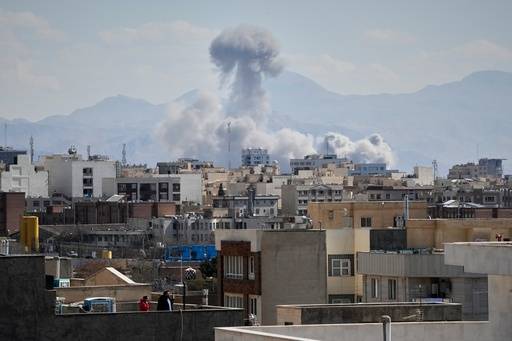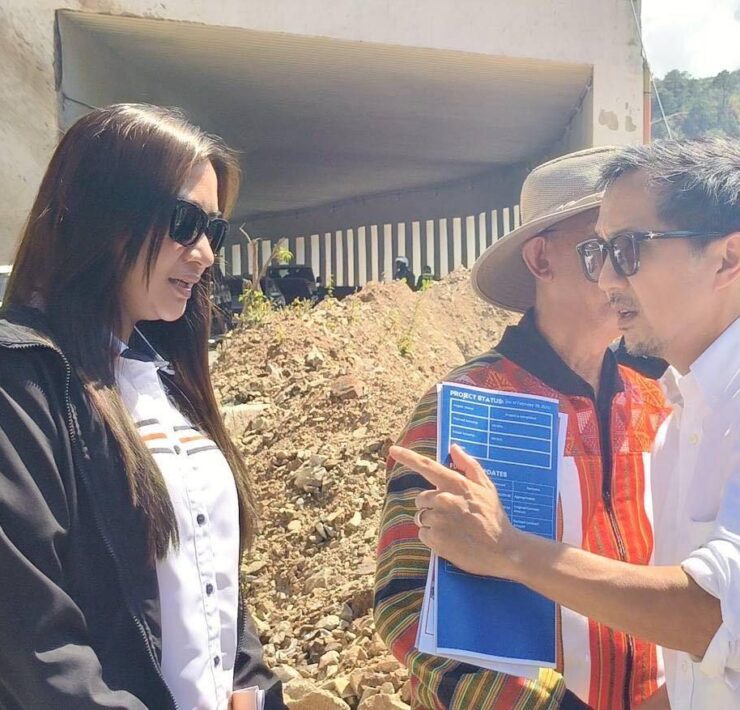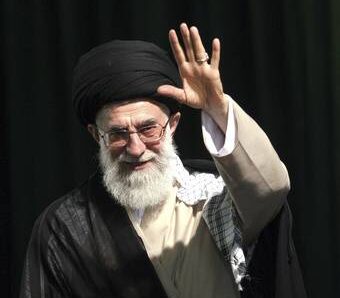Against the clock

At the end of January, Bishop Pablo Virgilio David of Caloocan issued a statement in his capacity as president of the Catholic Bishops’ Conference of the Philippines on the topic of Charter change. The bishops had reached a couple of conclusions. First, with regards to the “so-called people’s initiative,” referring to the signatures gathered, “it is clear that their signing is not the result of careful study and discussion.” What’s more, “It seems that this people’s initiative was initiated by a few public servants and not truly from the initiative of ordinary citizens.” If these conclusions are true, he wrote, then a third is inescapable: “It involves deception and disregard for our true and free participation in the democratic process of our country.” He concludes with an appeal to the citizenry: be aware of the implications of the initiative (more than economic provisions could be amended in the Constitution) and to please engage in “discernment and prayer” before signing any petition.
The bishop also mentioned that the Commission on Elections (Comelec) “has made a decision temporarily dismissing these petitions.” And here is where the story lies, for the moment—in the doldrums, seemingly having lost momentum. In politics, part of the conventional wisdom is that the Catholic Church can’t make candidates or causes win, but it can make a difference by helping to defeat them. I asked a former senior government official what exactly was going on, and the razor-sharp explanation that I got goes along these lines. First, the Comelec didn’t throw out the people’s initiative; it refused to accept, verify, and certify the signatures attached to the petitions while it reviews the rules on initiatives.
The Comelec did concede, according to the former senior government official, that the rules governing a people’s initiative aren’t clear. An example: both the Constitution and the Supreme Court in Lambino v. Comelec say that a people’s initiative can only amend, and not revise, the Constitution. For constitutional revision, a constituent assembly must be convened to debate the proposed revision.
So with any proposal, the first question that needs to be answered is, what, exactly, is being proposed as a change to the Constitution: an amendment or a revision? If the rules don’t clarify the difference, then a follow-up question arises: what, exactly, did the signatories to the petition sign on to? “Substantive due process requires that the signatories must be fully appraised of what they were signing,” the former official told me.
This made me reflect on a phrase much-beloved by government officials, which is, the “presumption of regularity” concerning their actions. This phrase is often invoked to put an end to questions arising from the official conduct of officials. Ordinary citizens, it seems, don’t enjoy a similar presumption when it comes to the Constitution that they, theoretically, willed into being (“We, the sovereign Filipino people …”). And yet, in many instances, when a citizen signs something, it is taken as proof that the person knows what they are signing on to. Otherwise, every signature could be the subject of an inquisition into the innermost heart and mind of the citizen. Consider that, in electing a president, or a senator, no inquisition would be tolerated as to knowledge or motives for voting. And yet when it comes to efforts to petition for something like an amendment to the Constitution, an investigation into every motivation (or level of knowledge, or lack of it) is in order: the irony, then, is that defending democracy requires a fundamentally undemocratic assumption about a power given to the citizens themselves.
And so, we’re back to the problem that the Constitution is impossible to amend, or revise, whichever way you try. Another example: even if, in the end, the Comelec concludes these questions and other issues can be clarified by referring to the existing rules, the process would lead to, in effect, new rules, requiring new forms to be used and the signature-gathering process having to be repeated.Opponents of the efforts can still go to the Supreme Court, which can take as much (or as little!) time as it pleases to resolve questions raised before it: and while the high court does what it does, the Comelec would be bound to decline to accept the signed petitions.All by July, because the Comelec has to prepare for the 2025 midterms, and this includes the filing of candidacies by October, a process which concludes in November. Before then, coalitions and parties have to go through the selection of candidates and the many other preparations needed to conduct a campaign.
Email: mlquezon3@gmail.com; Twitter: @mlq3





















